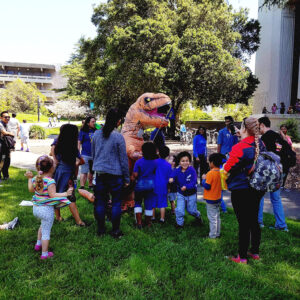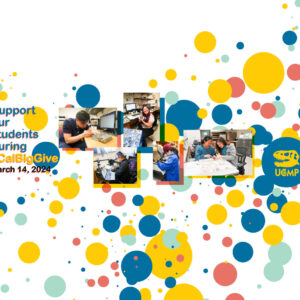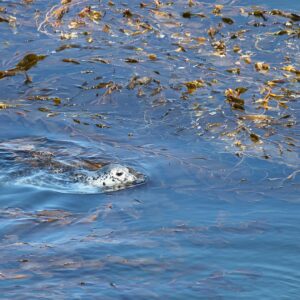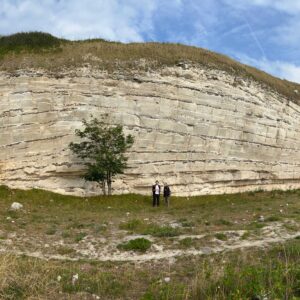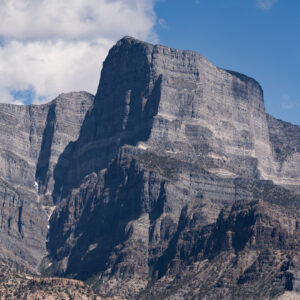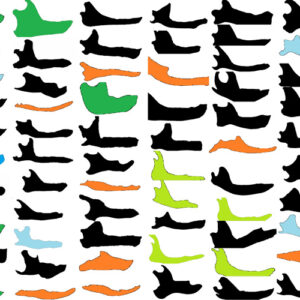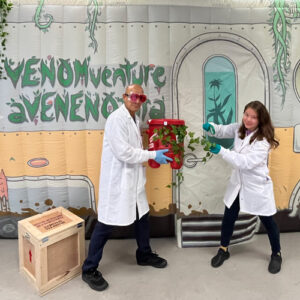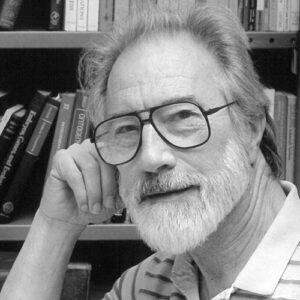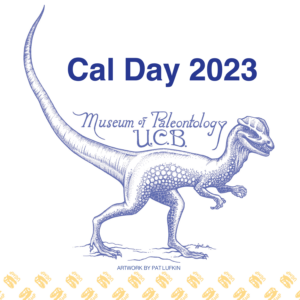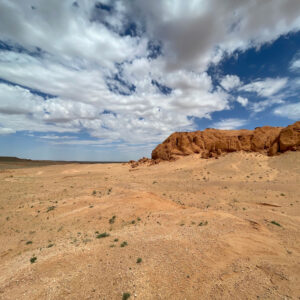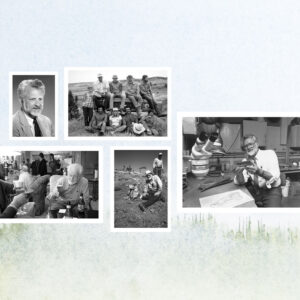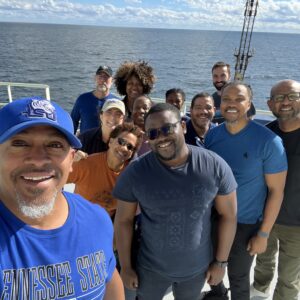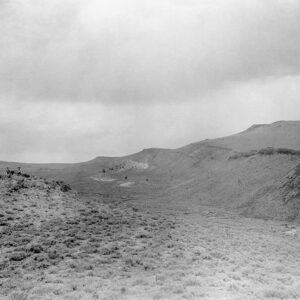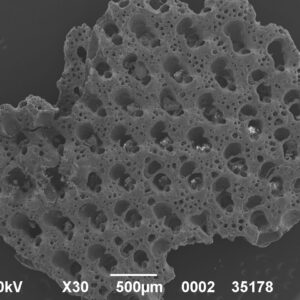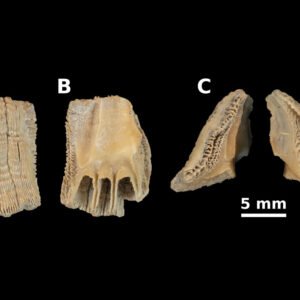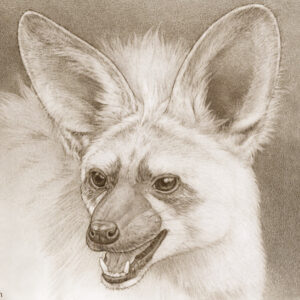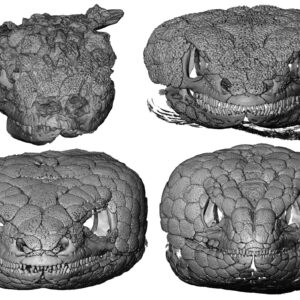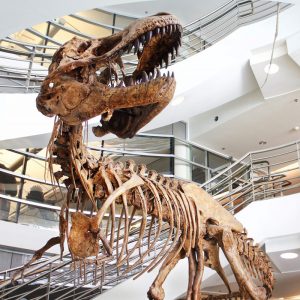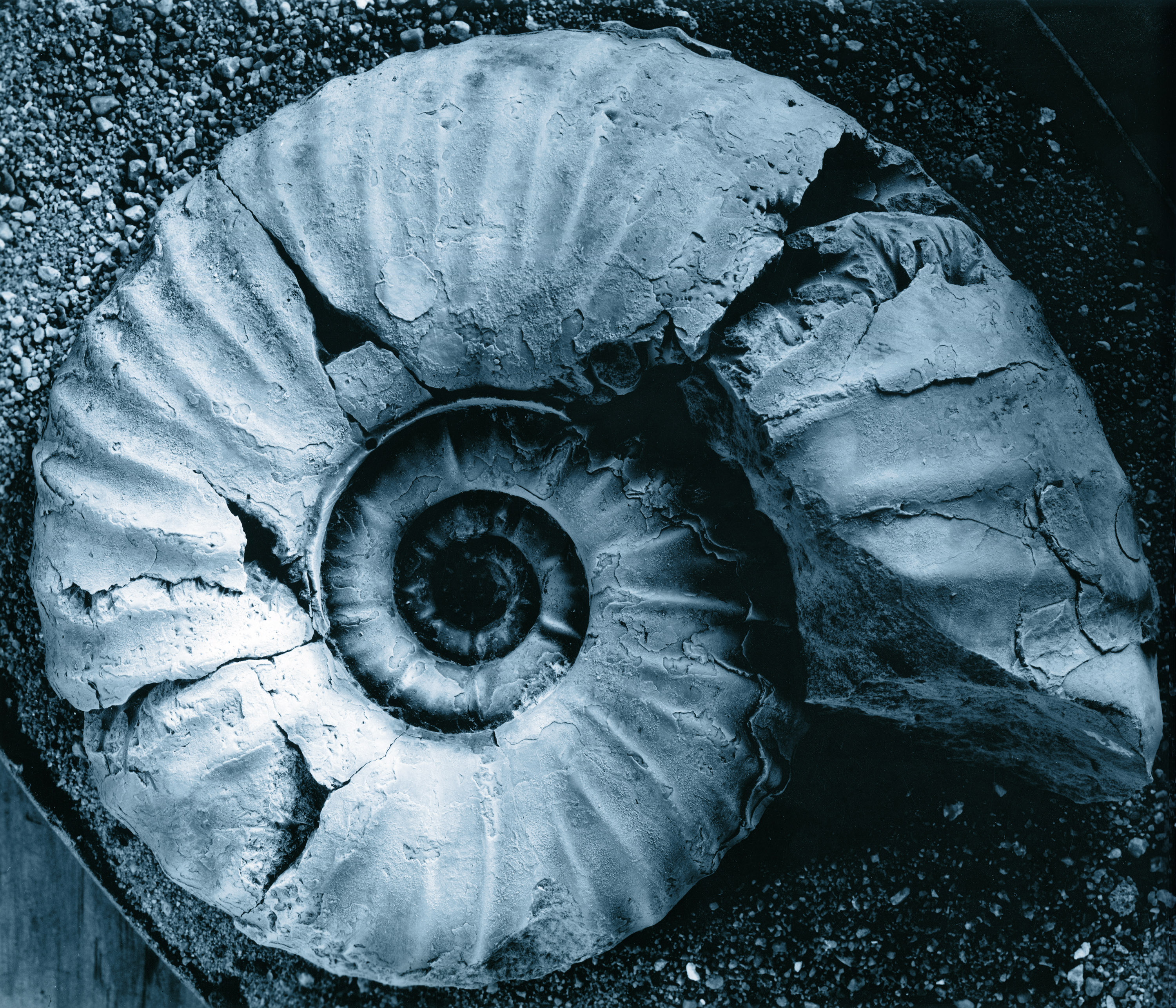UCMP will be tabling at the STEM Bonanza Tent located on the North side of the Valley of Life Sciences Building to welcome prospective students and their families on Cal Day, Saturday, April 13, 2024 from 9am-4pm. We'll be displaying fossils and have information on student opportunities. For those interested in learning more about Tyrannosaurus rex, please head inside VLSB to “Meet the T. rex” from 11:00 am -1:00 pm in the atrium of VLSB, 1st floor, in front of the life-size … [Read more...] about Meet the T. rex and STEM Bonanza for Cal Day 2024
Latest News
Support our students during Big Give!
Support our students during #CalBigGive! Undergraduates from across Berkeley campus find their way to the UCMP via classes taught by our faculty and graduate students and through the Undergraduate Research Apprenticeship Program (URAP), finding the varied research programs among members of the community to align with their field of study as well as their personal interests. Many of our student assistants have a deep interest in paleontology and geology, and working in … [Read more...] about Support our students during Big Give!
Grasshoppers, kelp, and frogs featured in recent publications from UCMP
The New Year ushers in a trio of publications from members of the UCMP community: Graduate student Jaemin Lee and collaborator Nick Famoso published on the oldest (29-million-year-old!) fossil grasshopper nest. Find the paper published on eScholarship. Professor Cindy Looy, collaborator Steffan Kiel and UCMP alum Rosemary Romero published a study on the age of fossil kelp holdfasts and the marine communities built upon them. Read more about it from this UC … [Read more...] about Grasshoppers, kelp, and frogs featured in recent publications from UCMP
How do mass extinctions reshape ecosystems?
Collecting Bryozoa from Stevns Klint, Denmark 70 million years ago, Denmark was a warm sea. Rich and varied communities of invertebrates inhabited the seafloor. These ecosystems left behind vast chalk deposits, which have been mined for building material, writing utensils, and fertilizer for over a thousand years. The chalk is also special to paleontologists, because it is rich in fossils and spans the Cretaceous-Paleogene (K-Pg) boundary, one of the largest mass extinctions in Earth’s … [Read more...] about How do mass extinctions reshape ecosystems?
A Photo essay – Great Basin, a time in the Ordivician and Cambrian
The 2023 Field Methods in Paleobiology course revisited the Basin & Range Province in Nevada and Utah, lead by Professors Seth Finnegan and Jack Tseng. Seth and Professor Cindy Looy spearheaded this trip back in 2017, which was documented by my predecessor Dave Smith. Find them here: part 1 and part 2. The group would investigate Paleozoic-early Mesozoic shale and limestone topped by Miocene-Pleistocene deposits of sedimentary rock and perhaps learn about how that unconformity … [Read more...] about A Photo essay – Great Basin, a time in the Ordivician and Cambrian
A jaw-dropping conundrum: Why do mammals have a stiff lower jaw?
From the 20-foot-long jawbones of the filter-feeding blue whale to the short, but bone-crushing, jaws of the hyena and the delicate chin bones of a human, the pair of lower jawbones characteristic of mammals have evolved with amazing variation. But at first glance, having a single bone on each side of the head — which creates a stiff lower jaw, or mandible — doesn’t appear to give mammals an advantage over other vertebrates, which have at least two and as many as 11 bones comprising each side … [Read more...] about A jaw-dropping conundrum: Why do mammals have a stiff lower jaw?
The UCMP’s Escape Room teaches fundamentals of evolution
The UCMP's Education and Outreach team just launched their most recent project: VENOMventure | aVENENOtura. In collaboration with the University of Kansas Biodiversity Institute and Natural History Museum in Lawrence, VENOMVenture premiered over the last two weeks at the Berkeley Public Library. Read more about the launch and the rave reviews on the UC Berkeley news site. … [Read more...] about The UCMP’s Escape Room teaches fundamentals of evolution
The life and impact of Jim Valentine, 1926-2023
Jim Valentine, UCMP Curator and Professor Emeritus of Integrative Biology, passed away on April 7, 2023 of natural causes. Read about his life and impact on paleontology in UC Berkeley News. … [Read more...] about The life and impact of Jim Valentine, 1926-2023
UCMP will be participating in STEM Bonanza on Cal Day
Find the UCMP table on the South Lawn along Campanile Way at the STEM Bonanza Hub along with others from the Berkeley Natural History Museums on Cal Day on Saturday April 22, 2023! New, incoming students and their families are welcome to stop by to see fossils on display and ask about student opportunities. “Meet the T. rex” from 11:00 am -12:00 pm in the atrium of VLSB, 1st floor, in front of the life-size Tyrannosaurus rex cast. UCMP graduate students will be there to answer questions … [Read more...] about UCMP will be participating in STEM Bonanza on Cal Day
Cross-Cultural Connections in Paleontology
THUNK. CA-CHUNK. THUD-THUD-THUD. Our Toyota sedan was not built for the desert. We had blown a tire, out on the remote highway from the Mongolian capital of Ulaanbaatar to the small city of Dalanzadgad, a six hour drive from north to south through the Gobi Desert. The three of us were a team of Filipino, American, and Mongolian educators and paleontologists, heading to the Gobi to lead the summer teacher education program and student summer camp in paleontology. The pitted and … [Read more...] about Cross-Cultural Connections in Paleontology
Announcing the William A. Clemens Memorial Fund in Vertebrate Paleontology
The UCMP is excited to announce the establishment of the William A. Clemens Memorial Fund in Vertebrate Paleontology. It was made possible by generous donors in the UCMP community who care deeply about the museum, its future, and its educational and scientific missions. The annual disbursement from this fund will be used to support UCMP's vertebrate paleontology collections, including the maintenance and curation of fossils, staffing, and its use by students and visiting scholars. This … [Read more...] about Announcing the William A. Clemens Memorial Fund in Vertebrate Paleontology
Science at sea with STEMSEAS
Director of Education and Outreach Lisa White spent part of the 2023 winter break sailing on the R/V Armstrong with scientists from the Woods Hole Oceanographic Institution (WHOI) and educators from the STEMSEAS (STEM Student Experiences Aboard Ships) program. Sailing from Woods Hole, MA to Pensacola, FL from January 3-11, 2023, the cruise was designed to build partnerships and opportunities between STEMSEAS and the Historically Black Colleges and Universities (HBCUs). Lisa’s background and … [Read more...] about Science at sea with STEMSEAS
Retracing the Fossil Lake Expedition
This past July, David Smith, retired Visual Communications Specialist with UCMP’s Education & Public Outreach unit, retraced the route of Annie Alexander’s 1901 Fossil Lake Expedition to south-central Oregon. His guide was a scrapbook in the UCMP Archives containing some 120 photographs with short, day-by-day descriptions of the expedition’s activities. He was accompanied by his wife, Colleen Whitney, UCMP’s first staff webmaster (2000-2004), and friend, Kirk Hastings, a retiree from the … [Read more...] about Retracing the Fossil Lake Expedition
Life cycles: bringing new questions to old collections
Frankfurt, Germany is a museum town. Along the south side of the aptly named Main River are museums of Renaissance art, iconography, sculpture, design, and film. Each of the old waterfront mansions is home to treasures that spill out through their gardens and into the street, where today’s working artists sell pieces of equal beauty in the public market. It seems required that every footbridge across the river has a café and an accordion player at either end. North of the river is modern art, … [Read more...] about Life cycles: bringing new questions to old collections
A forgotten cirripedological gem
Over 100,000 years ago, a barnacle grew on a whale, migrated with it for a year, and then dropped off onto the seafloor. Sixty-two years ago, it was found and placed in the UCMP collections. Fifty years ago a master's student studied it, but never published it. This week, that barnacle is finally published and given a name – Cetopirus polysyrinx. Whale barnacles are filter feeders who implant on the skin of a whale and live for about one year. A new species of whale barnacle from … [Read more...] about A forgotten cirripedological gem
Was this hyena a distant ancestor of today’s termite-eating aardwolf?
Curator and Assistant Professor Jack Tseng is co-author on a Vertebrata Palasiatica article describing a new genus and species of a small-bodied hyena from the Miocene of Gansu Province, China. The unique features identified in 12-14 million year fossil skulls shed new light on the ancestral history of modern termite-eating hyenas. Read more in Berkeley News. … [Read more...] about Was this hyena a distant ancestor of today’s termite-eating aardwolf?
First fossil of iconic alligator lizard is way out of range!
Alligator lizards of the genus Abronia are currently found in montane cloud forests and seasonally dry forests of Mexico and Central America. These physically striking and colorful lizards are popular among both scientists and the public and are increasingly recognized as conservation flagship taxa. A recent study by MVZ postdoctoral fellow and UCMP affiliate Simon Scarpetta and coauthor David Ledesma describes the first fossil and only recognized extinct species of Abronia. The fossil was … [Read more...] about First fossil of iconic alligator lizard is way out of range!
T. rex’s short arms may have lowered risk of bites during feeding frenzies
A recent paper by Curator and Professor Emeritus Kevin Padian in the journal Acta Palaeontologia Polonica, promotes a new hypothesis for T. rex’s short arm length. Follow his integrative approach to the often-asked question on T. rex arms that considers social organization, feeding behavior, and ecological factors as outlined in an article in Berkeley News. … [Read more...] about T. rex’s short arms may have lowered risk of bites during feeding frenzies
UCMP closed to visitors on Cal Day
The Museum of Paleontology will be closed to visitors on Cal Day. Unfortunately, we will not be conducting collection tours, speaker events or family friendly activities but we will have a table presence at Cal Day 2022 for new, incoming students. For more information please visit https://calday.berkeley.edu … [Read more...] about UCMP closed to visitors on Cal Day
Introducing: Where the Wild Things Were
It is clear, therefore, that we are now in an altogether exceptional period of the earth's history. We live in a zoologically impoverished world, from which all the hugest, and fiercest, and strangest forms have recently disappeared [...] - Alfred Russell Wallace, 1876, p. 150 The UCMP launched a pilot version of a new education and outreach resource for connecting Ice Age animal losses to today through interactive maps. This resource — Where the Wild Things Were — highlights the geographic … [Read more...] about Introducing: Where the Wild Things Were
